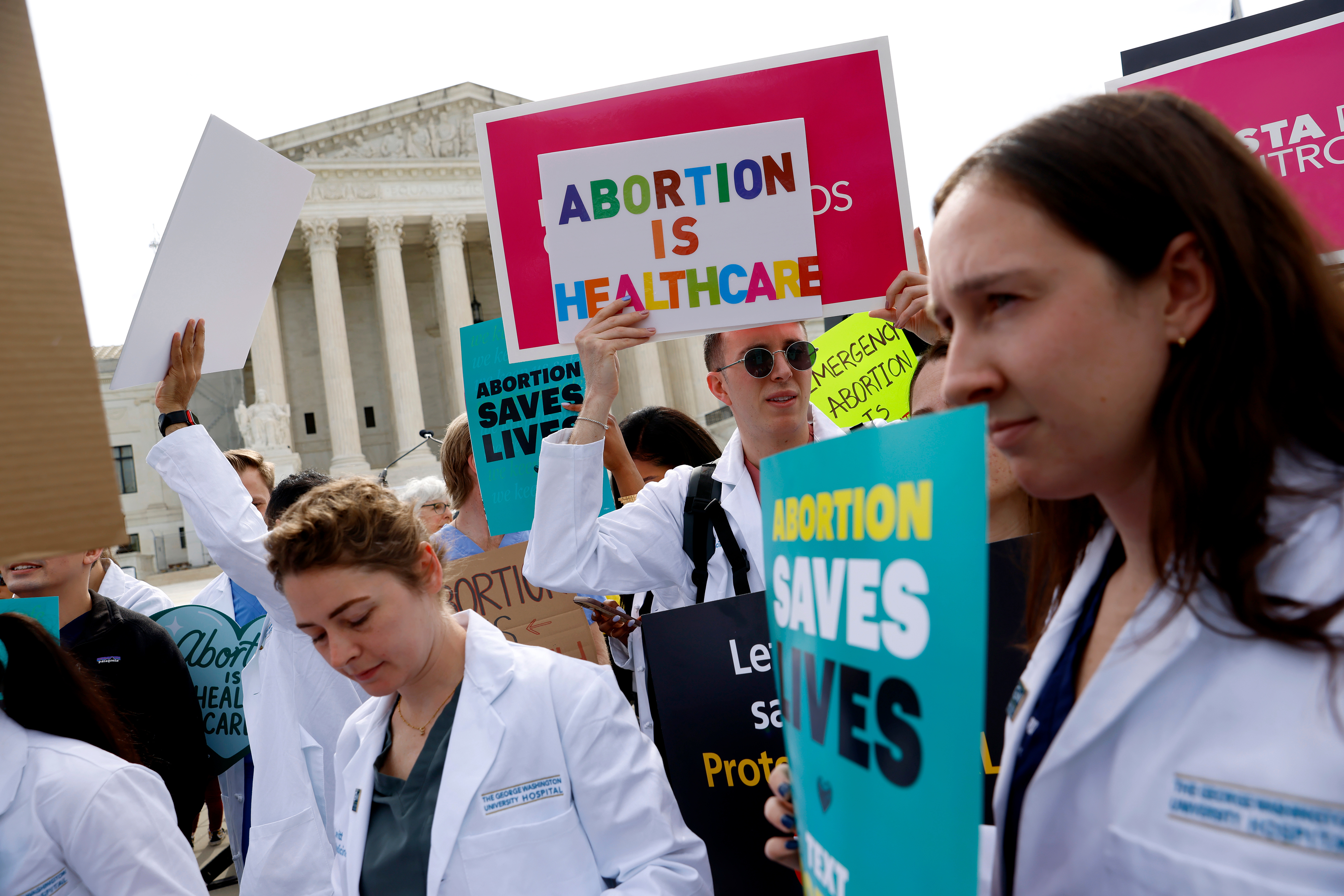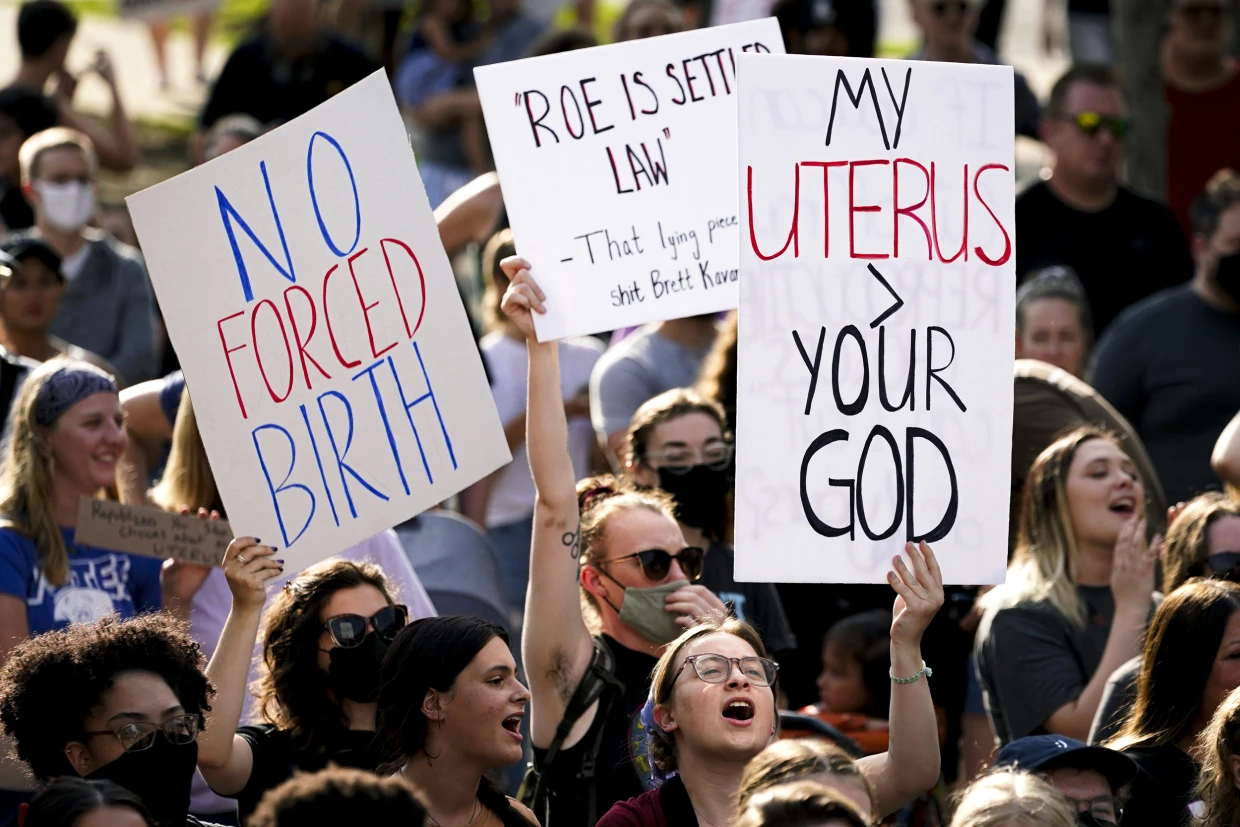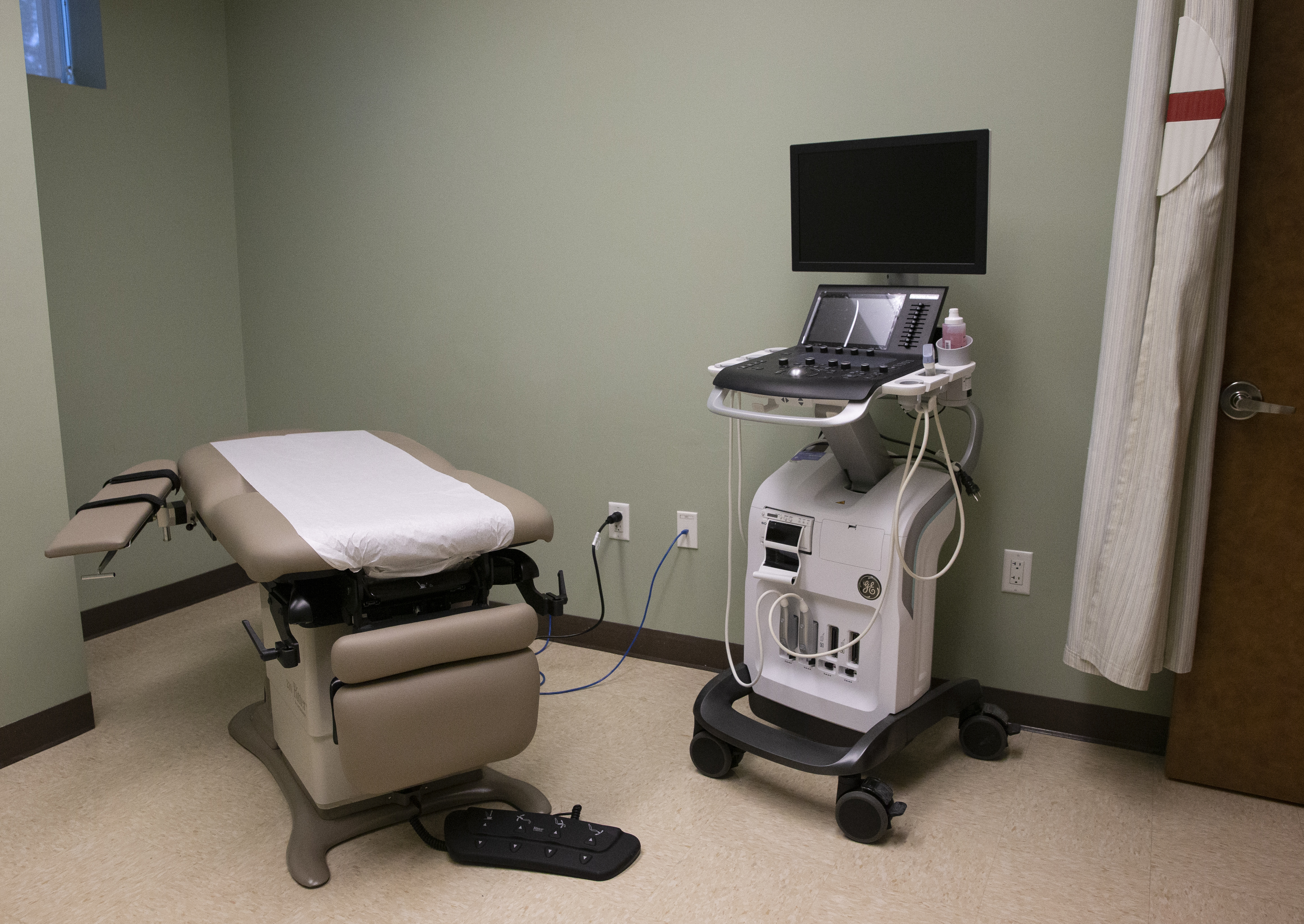The Supreme Court is set to rule this month on two major abortion cases with significant nationwide implications as the justices revisit the issue for the first time since overturning Roe v. Wade.
The 2022 decision to end the right to obtain an abortion sent shockwaves across the country, leading to a new wave of state abortion restrictions and emboldening anti-abortion activists to seek other ways to restrict the practice.
In the most closely watched case, the court is weighing whether to impose new restrictions on the commonly used abortion pill mifepristone, including putting new curbs on access by mail.
In the other case, which has received less attention but could have far-reaching implications of its own, the justices are considering whether a near-total abortion ban in Idaho conflicts with a federal law requiring emergency medical care for patients, including pregnant women.
Get DFW local news, weather forecasts and entertainment stories to your inbox. Sign up for NBC DFW newsletters.
Rabia Muqaddam, a lawyer at the Center for Reproductive Rights, which backs abortion rights, said the 2022 ruling in Dobbs v. Jackson Women’s Health Organization “set off a chain reaction that we are seeing in all sorts of ways,” including the two cases now before the court.
Theories that were previously considered “the fringe of the fringe” are now “sufficiently mainstream to make it to the Supreme Court,” she added.
The new cases show that the court’s stated aim of getting out of the business of deciding what conservative Justice Brett Kavanaugh called “difficult moral and policy questions” was easier said than done. As such, the upcoming rulings will provide further evidence of how far the court, which has a 6-3 conservative majority, is willing to go in curbing abortion access.
In the mifepristone case, the court is weighing whether to impose new restrictions on the pills’ availability, including access by mail. Such a move would dramatically decrease the ability of women to obtain the pills, especially in states with new abortion restrictions.
The legal question in the Idaho case is whether a federal law that requires stabilizing treatment for patients in emergency rooms trumps the state restrictions in certain circumstances when doctors believe an abortion is required to protect the health of a pregnant woman.
Jim Campbell, chief legal counsel of Alliance Defending Freedom, the conservative Christian legal group that is representing anti-abortion interests in both cases, said the legal issues in each of them reflect overreach by the Biden administration in response to Roe being overturned.
“They’re both instances where the federal government is doing things, whether directly or indirectly, to interfere with state pro-life laws,” he added.
Based on oral arguments earlier this year, it seems likely that anti-abortion groups will lose in the mifepristone case, leaving the status quo unchanged. That means the Idaho case could have a bigger practical impact if the court backs the state, which seems possible based on questions asked by the justices.
Rulings are expected by the end of the month when the court traditionally concludes its nine-month term that begins in October. The court will also be issuing a slew of other rulings on hot-button issues, including former President Donald Trump’s claim of immunity from prosecution in his election interference case.
The next ruling day is Thursday.
Major Supreme Court decisions
ELECTIONS
Trump v. Anderson
Court rules that Trump cannot be kicked off the primary ballot in Colorado.
9-0 DECIDED
ELECTIONS
Alexander v. South Carolina State Conference of the NAACP
Court rejects South Carolina racial gerrymandering claim.
6-3 DECIDED
GUNS
U.S. v. Rahimi
Whether a federal law that prohibits accused domestic abusers from possessing firearms should be struck down.
PENDING
See the rest of this year’s most important Supreme Court cases.
The mifepristone case attracted nationwide attention last year when a federal judge in Texas issued a sweeping ruling completely invalidating the Food and Drug Administration’s approval of the pill, putting its availability in question.
The Supreme Court swiftly put that ruling on hold and the case has somewhat shrunk in scope while going through the appeals process.
The FDA’s approval of the drug is not before the court, only later decisions that made it easier to access, including the finding that made the drug available by mail.
At oral arguments, justices questioned whether the group of anti-abortion doctors who brought the challenge had legal standing simply because they object to abortion and in certain hypothetical situations could be required to give emergency room treatment to women suffering from complications as a result of taking the pill.
The Idaho case hinges on whether Idaho’s abortion ban conflicts with a federal law called the Emergency Medical Treatment and Labor Act, or EMTALA.
The Biden administration says it does because the Idaho ban includes only a narrow exception to save the life of a pregnant woman. The administration argues that EMTALA requires more than that, meaning that doctors should be able to perform abortions in a broader array of emergencies in which a woman’s health is in danger even if she is not at imminent risk of death.
Idaho officials downplay the tension between the two laws, saying the federal law does not override a state’s own laws regulating health care.
The Supreme Court in January allowed Idaho to enforce its law, prompting the state’s St. Luke’s Health System to report that it has been required to airlift patients out of state in order for abortions to take place, out of concern that its doctors could be prosecuted.
A broad ruling in favor of Idaho would at minimum affect a handful of states that have similar abortion bans to Idaho’s that lack a health exception. Abortion is effectively banned in 14 states, but the laws differ in addressing the rare occasions when an abortion might be allowed to protect the health of the pregnant woman.
While abortion rights advocates are now hopeful they will win the mifepristone case on the standing issue, they fear a loss in the Idaho dispute and insist that such an outcome should not be viewed as the Supreme Court delivering some kind of compromise.
A ruling in favor of Idaho officials “would be a new low for the Supreme Court, regardless of whether they get a technical legal question correct in a different case that also happens to do with abortion,” said Alexa Kolbi-Molinas, a lawyer at the American Civil Liberties Union, which backs abortion rights advocates in both cases.
She pointed out that if the anti-abortion side loses in the mifepristone case on the standing question, the issue could yet return to the court with different plaintiffs who might have a better argument for standing, which might lead to a subsequent ruling on the merits of their claims.
“Even if we live to fight another day ... we know that our opponents in this case are not done,” Kolbi-Molinas added.
ADF’s Campbell said he would assess each case separately if the court were to rule in favor of his side in the EMTALA case and against it on the FDA’s mifepristone regulations.
“I would consider the EMTALA decision a significant win and I would consider the FDA decision unfortunate,” he added.
This story first appeared on NBCNews.com. More from NBC News:




